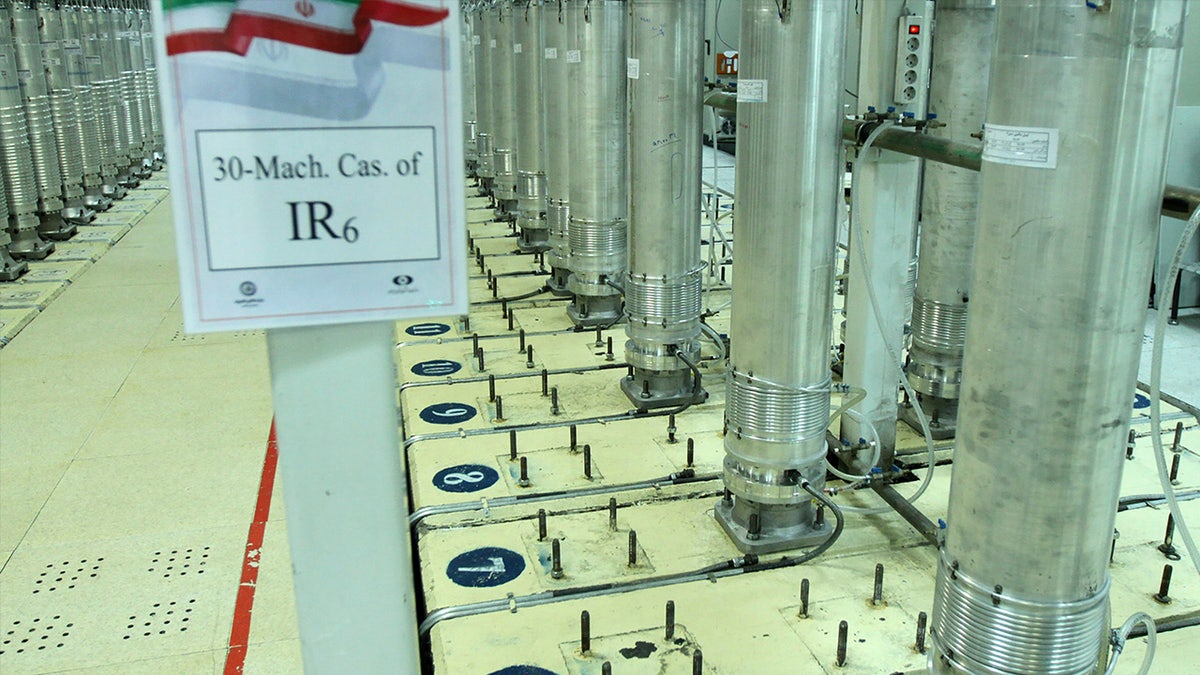Articles in this Cluster
11-06-2025
The U.S. is withdrawing non-essential diplomats and some military families from multiple Middle East posts amid rising Iran-Israel tensions. CENTCOM is monitoring the situation, Defense Secretary Pete Hegseth authorized voluntary departures for dependents, and Gen. Michael Kurilla postponed Senate testimony. The State Department ordered drawdowns at embassies in Iraq, Bahrain, Kuwait, and the U.S. consulate in Erbil, citing heightened regional risks. President Trump said the moves are precautionary and expressed diminishing confidence in a new nuclear deal with Iran, while urging Israel to avoid talk of attacking Iran. U.S. intelligence has observed signs of possible Israeli preparations, though no final decision is evident. Iran’s defense minister warned that conflict could force the U.S. to leave the region, threatening U.S. bases if talks fail.
Entities: United States, Iran, Israel, CENTCOM, Pete Hegseth • Tone: urgent • Sentiment: negative • Intent: inform
11-06-2025
President Trump said Iran’s counter-proposal in ongoing nuclear talks is “not acceptable,” citing Tehran’s insistence on uranium enrichment. He spoke with Israeli Prime Minister Benjamin Netanyahu about seeking a deal to avoid conflict but warned it may not succeed. The IAEA reported it cannot verify Iran’s program is peaceful, citing barred access, site sanitization, and a sharp rise in Iran’s 60% enriched uranium stockpile. Iran’s leaders rejected the U.S. proposal and plan to submit their own via Oman. The White House has not disclosed proposal details.
Entities: Donald Trump, Iran, Uranium enrichment, International Atomic Energy Agency (IAEA), Benjamin Netanyahu • Tone: analytical • Sentiment: negative • Intent: inform
11-06-2025
U.S. and European officials believe Israel is preparing a near-term strike on Iran, prompting the U.S. to withdraw some diplomats from Iraq and authorize departures of military families in parts of the Middle East. The move comes as Prime Minister Netanyahu presses for action amid faltering U.S.-Iran nuclear talks and after Iran’s supreme leader rejected a proposal curbing uranium enrichment. Iran has signaled it would respond with hundreds of missiles against Israel and warned U.S. bases are within range. Tensions are heightened by an IAEA censure effort that could trigger renewed U.N. sanctions, Iran’s rapidly advancing nuclear program, and regional military posturing, including a U.S. carrier presence. Oil prices rose on fears of conflict-driven supply disruptions. It remains unclear how extensive any Israeli strike would be or whether the U.S. would support it militarily.
Entities: Israel, Iran, United States, Prime Minister Benjamin Netanyahu, IAEA • Tone: urgent • Sentiment: negative • Intent: inform
11-06-2025
President Trump faces a familiar dilemma in nuclear talks with Iran: accept limited on-soil uranium enrichment to secure a deal, or risk no agreement and potential war. Iran insists enrichment in Iran is a nonnegotiable red line, rejecting a U.S. proposal to transition fuel production to a regional consortium located outside Iran. The standoff echoes the Obama-era accord, which allowed constrained enrichment and was later abandoned by Trump. With Israeli Prime Minister Netanyahu urging pre-emptive strikes and Iran now technically closer to bomb-ready fuel than a decade ago, Trump is balancing hawkish pressure, a divided GOP, and his team’s push for a diplomatic outcome. Negotiations continue via Oman without deadlines as both sides seek to avoid escalation while Iran’s centrifuges keep running.
Entities: Donald Trump, Iran, uranium enrichment, Benjamin Netanyahu, Israel • Tone: analytical • Sentiment: neutral • Intent: inform
